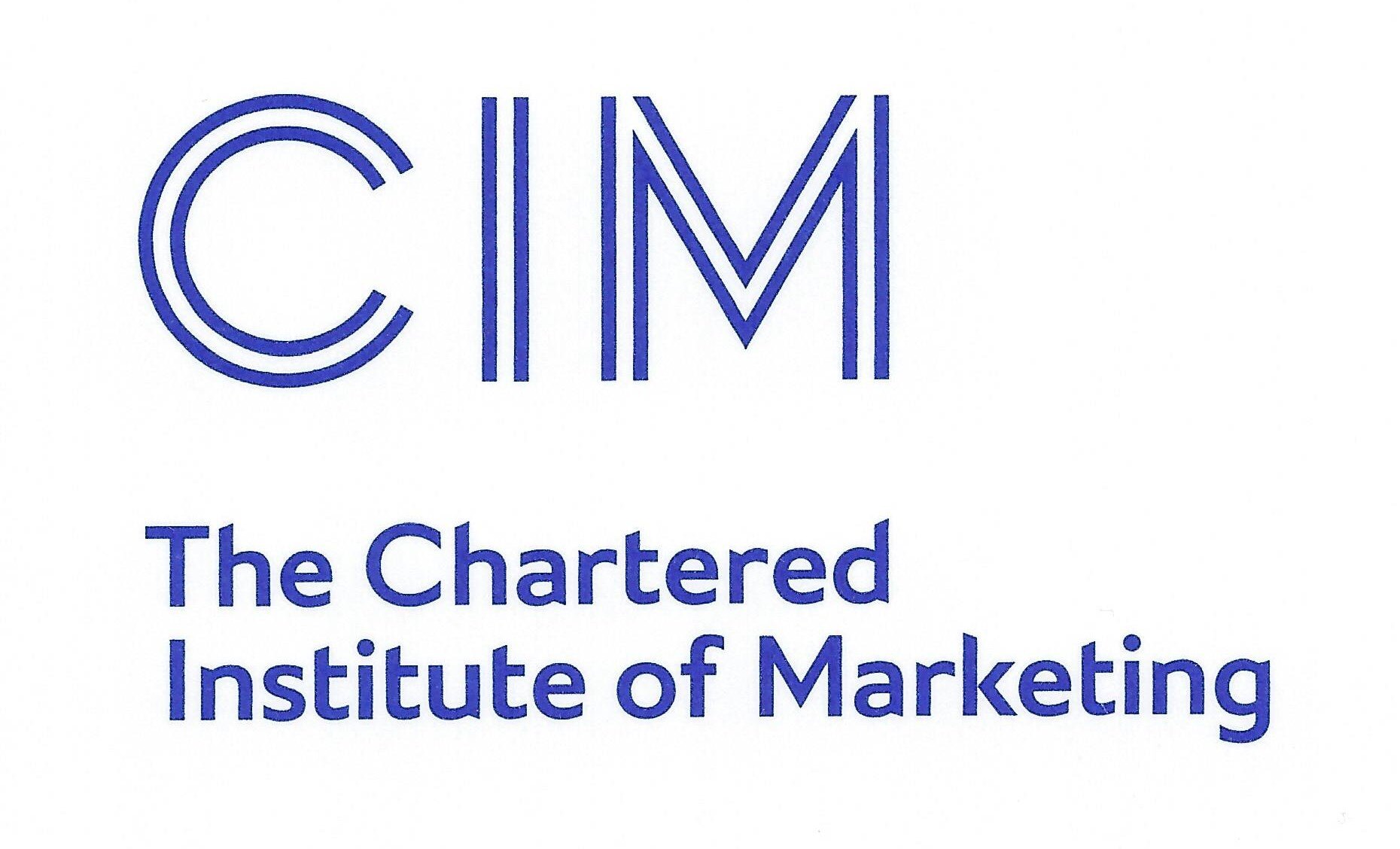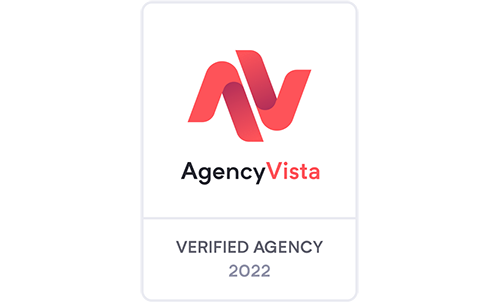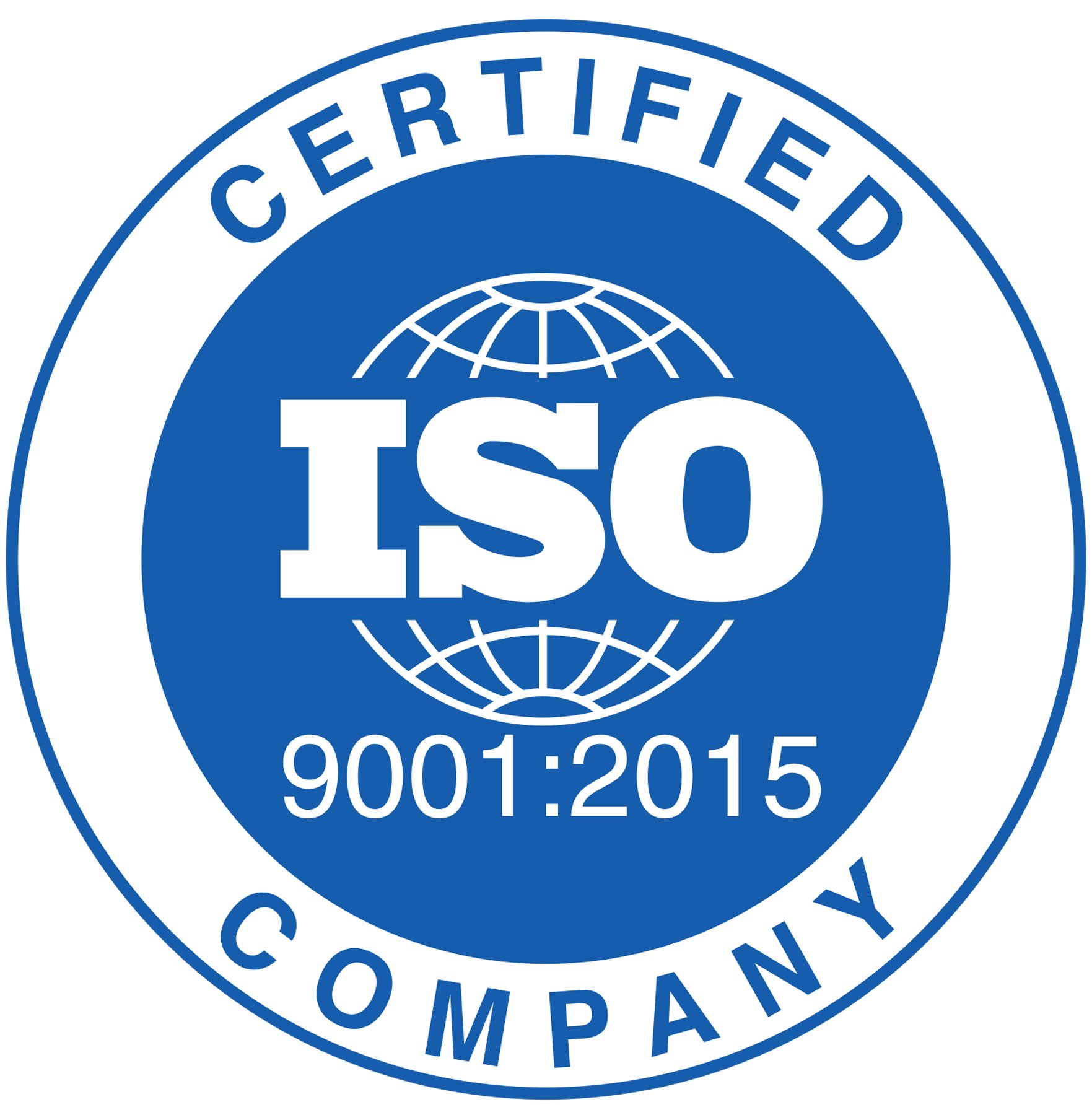Search Engine Optimization (SEO) is a valuable marketing tool that generates organic traffic, and potential customers, to your website. This is one of the reasons why it becomes a necessity to make sure you do things the right way.
When you set out to start your search engine optimization "adventure" without the help of a marketing agency, it can seem overwhelming at first. However, with a solid SEO guide and a well-crafted strategy, you can have a better understanding and achieve outstanding results. In this article, we'll explore in detail the essential steps you need to take to start a successful SEO strategy on your own, giving you the resources and knowledge to confidently navigate this complex and ever-evolving field.
Analyze current performance
The first step in creating an SEO strategy is to determine your website's current performance. This assessment gives you a clear view of your online positioning and provides you with crucial data to make informed optimization decisions. By analyzing organic traffic, current search volume, and backlinks, you can gain a deep understanding of how your site is perceived and indexed by search engines. This information allows you to identify your strengths and weaknesses and set realistic goals for your SEO advertising. Only by fully understanding the starting point can you develop an effective strategy and maximize your online growth potential. If you feel that you cannot do this yourself, our advice is to contact a marketing agency in London, which will be able to give you a helping hand.
2. The activity of competitors
The next step in starting an SEO strategy is to carefully analyze the activity of competitors. By examining how others in your field are doing online, you can gain insight into industry trends, effective tactics, and potential growth opportunities.
By carefully analyzing the keywords they use, their site structure, content and backlinks, you can gain valuable information to guide your optimization efforts. In addition, this analysis can reveal areas where you can differentiate yourself and stand out from the competition. Ultimately, a thorough understanding of the competitive landscape is essential to crafting a custom SEO guide and ensuring you're successfully positioning your business in front of your target audience. It's a critical step that a marketing agency could perform professionally, but learning and applying these concepts independently can be just as effective with the right information and a thoughtful approach.
3. Google search results pages
After you have developed your list of relevant keywords, the next step in starting an SEO strategy is to carefully analyze the Google search results pages (SERPs). By studying SERPs for selected keywords, you can gain a deeper understanding of competition and user search behaviour. By observing the types of content displayed in the top results, as well as element characteristics such as featured snippets, response snippets, local packs, and more, you can get valuable clues about what content works best and what users expect. Also, by analyzing SERPs, you can identify opportunities to differentiate yourself and provide added value, which can improve your chances of achieving higher positions in search results. It's a crucial step in the SEO optimization process because it helps you better align with your user's needs and preferences and adjust your strategy accordingly.
4. Create a list of keywords relevant to your business
To start an effective SEO strategy you will need to consider creating an exhaustive list of keywords relevant to your business. Thus, it is crucial to identify the keywords and phrases that are relevant to your services. These keywords should reflect the needs and search intentions of potential customers in your industry, and careful and detailed research on these can help drive relevant and qualified traffic to your site. From generic keywords to specific key phrases, a well-crafted list can form the foundation of your SEO optimization and give you the direction you need to create content and site structure effectively and strategically.
We know you want to do this by yourself, but at this step, you can ask for the help of a marketing agency that provides SEO services to make sure that those keywords you choose to focus on are relevant.
5. Set goals and KPIs
After you've analyzed the SERPs and better understood the competitive landscape, the next step is to set clear goals and key performance indicators (KPIs). These objectives and KPIs should be specific, measurable, achievable, relevant and time-bound (SMART). For example, you can aim to increase your organic traffic by a certain percentage in a certain time frame or aim to get a certain number of quality backlinks in a given period. By setting clear goals and KPIs, you can focus your SEO efforts and measure the success of your campaigns against objective criteria. This is essential to ensure that your resources are used effectively and that your strategy is continuously adapted to achieve your intended goals. For this step, you can also call on a marketing agency in London, as it is crucial to focus your efforts specifically on attracting relevant customers.
Starting an SEO strategy is a complex and rigorous process, but with a solid SEO guide and a well-structured approach, you can achieve remarkable results in promoting your business online. From establishing current performance and analyzing the competition to identifying relevant keywords and setting goals and KPIs, each step is critical to the success of an SEO campaign.
As an SEO agency in London, we can tell you that it is important to allocate the necessary time and resources to implement an effective strategy adapted to your specific needs. Investing in SEO promotion can bring significant long-term benefits by increasing online visibility, attracting relevant traffic, and generating leads and sales. Therefore, it is essential to approach this process with determination, rigour and adaptability to achieve your business goals and strengthen your presence in the digital market.

















